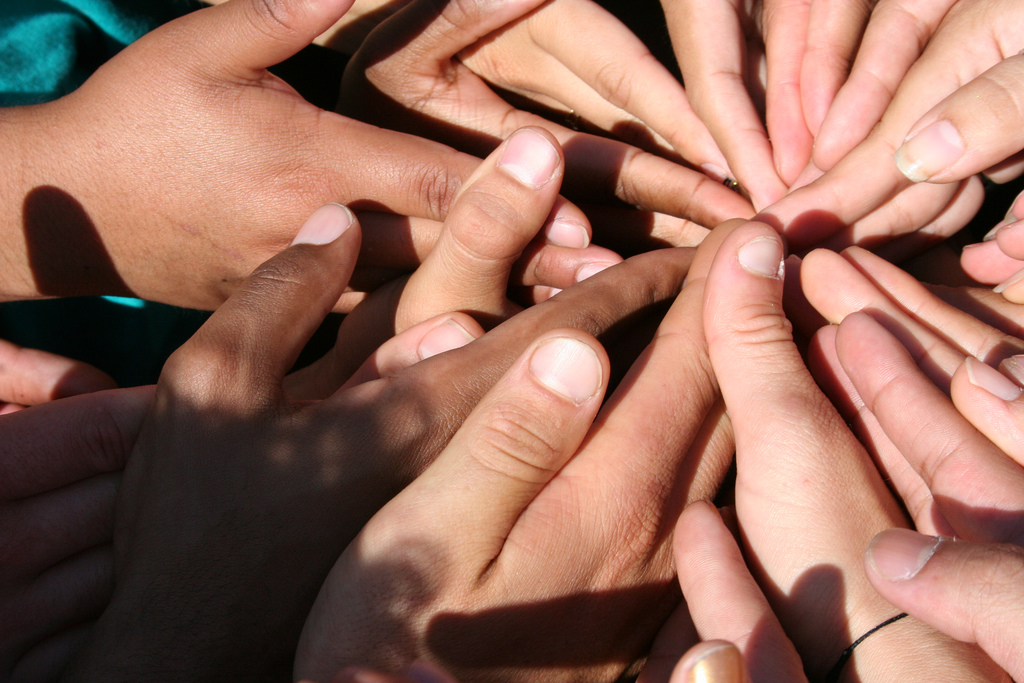Becoming WE
I remember the moment it occurred to me that I might want to assume a leadership position in the MLA. For the association’s 2014 convention, Marianne Hirsch organized her presidential forum around the topic of vulnerability. I spoke of Subcomandante Marcos and the Zapatistas, who had been rebelling against the Mexican government and had, over more than twenty years of resistance, developed a notion of a world in which there is room for many worlds. I are WE, one Zapatista mural declared. This political construction of the WE did not signal conformity of opinion, background, or belief. But it did underline the awareness that WE are in this together. The urgent problems they faced—discrimination, violence, inequality before the law, conditions of extreme precarity—called them to acknowledge themselves as a collectivity composed of individuals determined to struggle together for justice. Their WE, rather than a shared identity or worldview, reflected a strategic linking up to defend the issues they care about. I looked up and asked the MLA members in the room: When will we become a WE?
